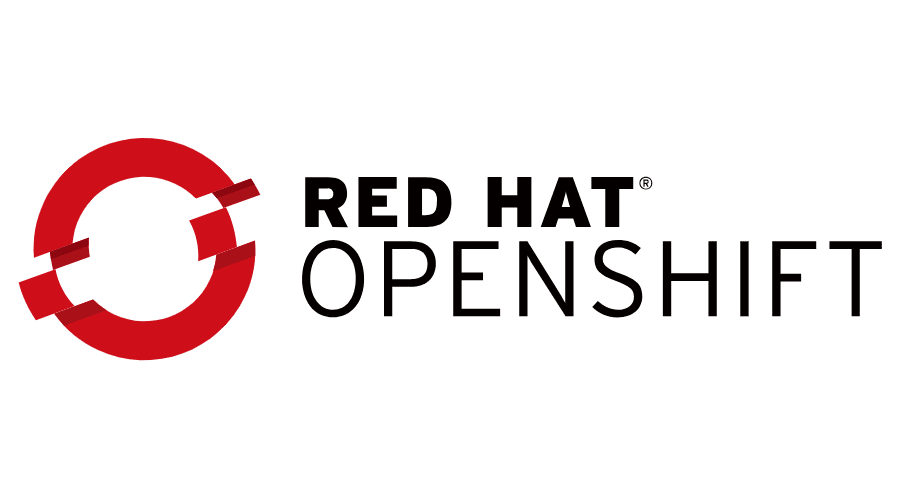💡OpenShift: Empowering DevOps with Kubernetes-based Container Orchestration
 Sandeep Kale
Sandeep Kale
*️⃣OpenShift: Revolutionizing Container Orchestration and Application Deployment
In today's fast-paced world of software development and deployment, container orchestration platforms have become indispensable. Among these, Red Hat's OpenShift stands out as a powerful and flexible solution that's rapidly gaining traction in enterprise environments. Let's dive into what makes OpenShift special and why it's becoming a go-to choice for many organizations.
*️⃣What is OpenShift?
OpenShift is an open-source container application platform based on the popular Kubernetes container orchestrator. It adds developer and operational-centric tools on top of Kubernetes to enable rapid application development, easy deployment and scaling, and long-term lifecycle management of applications.
Key Features of OpenShift
Built on Kubernetes: OpenShift leverages the power and flexibility of Kubernetes, providing a robust foundation for container orchestration.
Developer-Friendly: With integrated CI/CD pipelines, source-to-image (S2I) builds, and a web console, OpenShift simplifies the developer experience.
Multi-Cloud Support: Deploy your applications across various cloud providers or on-premises infrastructure with consistent management.
Advanced Security: OpenShift includes built-in security features like RBAC, SELinux, and integrated container scanning.
Automatic Scaling: Easily scale your applications up or down based on demand, ensuring optimal resource utilization.
Service Mesh Integration: Built-in support for Istio service mesh enables advanced traffic management and observability.
*️⃣Why Choose OpenShift?
OpenShift offers several advantages over vanilla Kubernetes:
Easier to Use: The web console and developer-centric tools make it more accessible for teams new to container orchestration.
Enterprise Support: As a Red Hat product, OpenShift comes with enterprise-grade support and a rich ecosystem of compatible tools.
Compliance and Governance: Built-in features help maintain regulatory compliance and enforce organizational policies.
Hybrid Cloud Ready: Seamlessly manage workloads across on-premises and cloud environments.
*️⃣Getting Started with OpenShift
To start experimenting with OpenShift, you can:
Try OpenShift Online for a hosted solution
Use CodeReady Containers for a local development environment
Set up OKD, the community distribution of OpenShift, on your own infrastructure
🌟Conclusion
OpenShift is more than just a container platform; it's a comprehensive solution for modern application development and deployment. By combining the power of Kubernetes with developer-friendly tools and enterprise-grade features, OpenShift is positioning itself as a leader in the container orchestration space. Whether you're a small startup or a large enterprise, OpenShift offers the flexibility and scalability to meet your application deployment needs.
As container technologies continue to evolve, platforms like OpenShift will play a crucial role in shaping the future of software deployment and management. Stay tuned for more updates and deep dives into OpenShift's capabilities!
Subscribe to my newsletter
Read articles from Sandeep Kale directly inside your inbox. Subscribe to the newsletter, and don't miss out.
Written by
